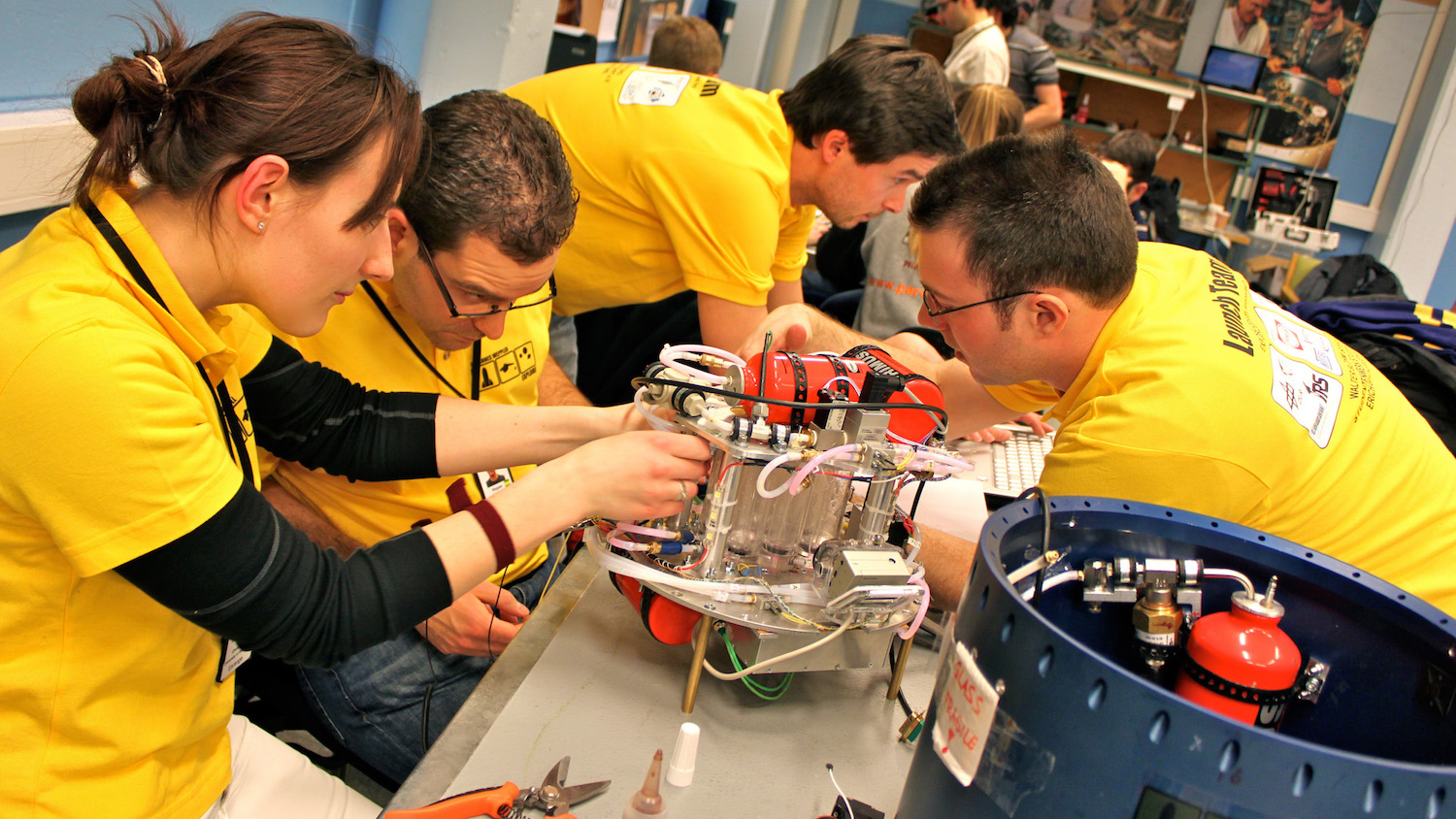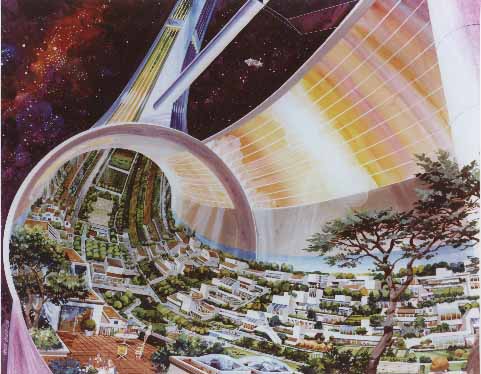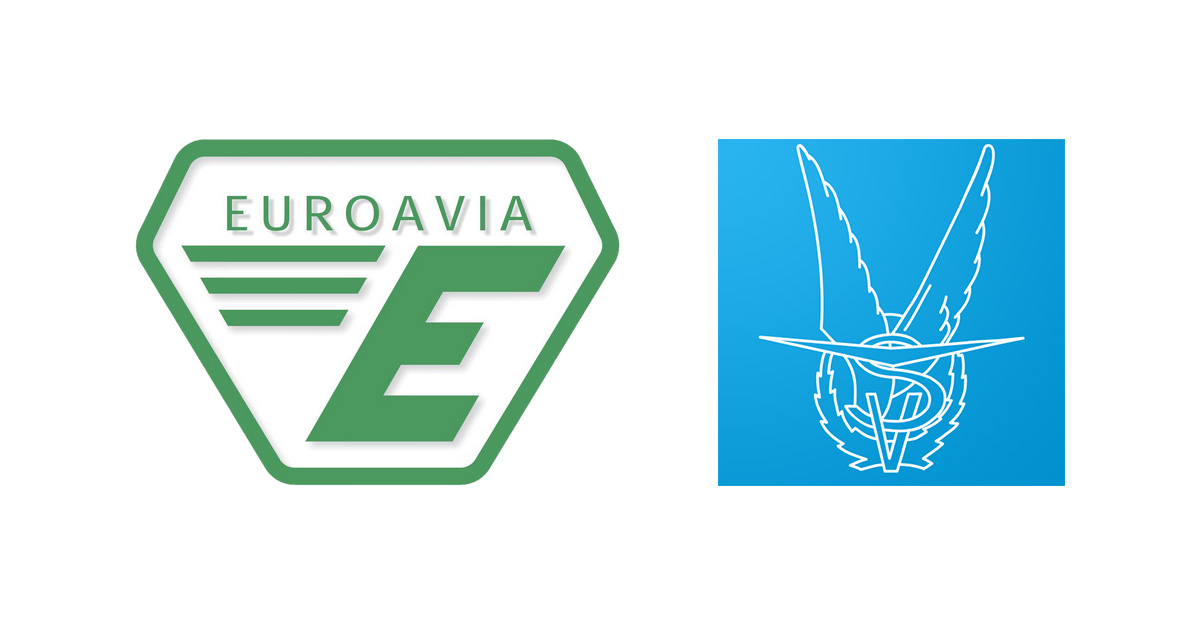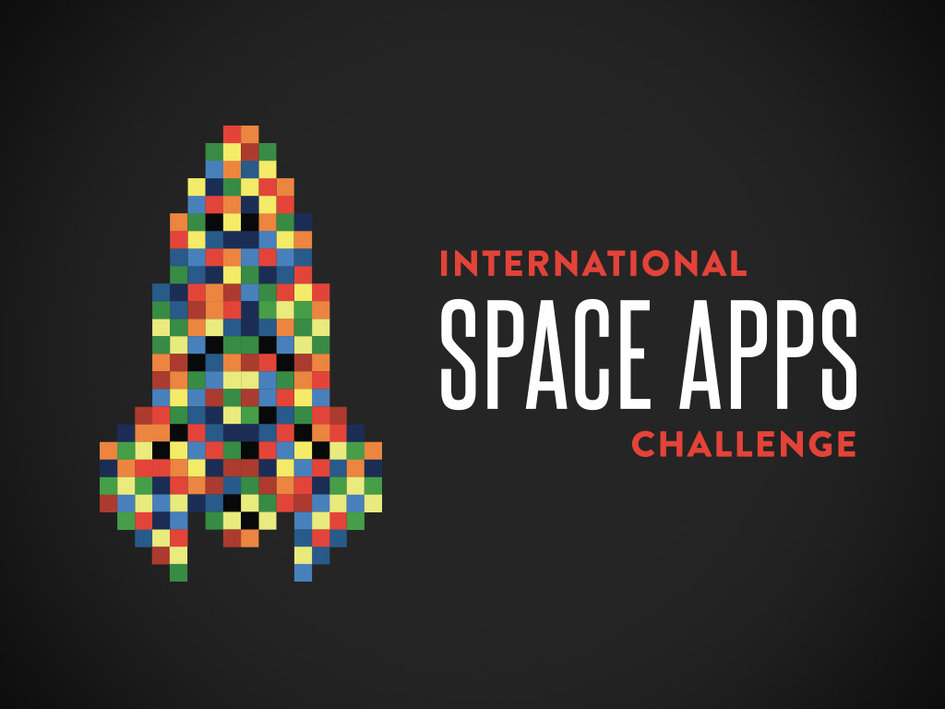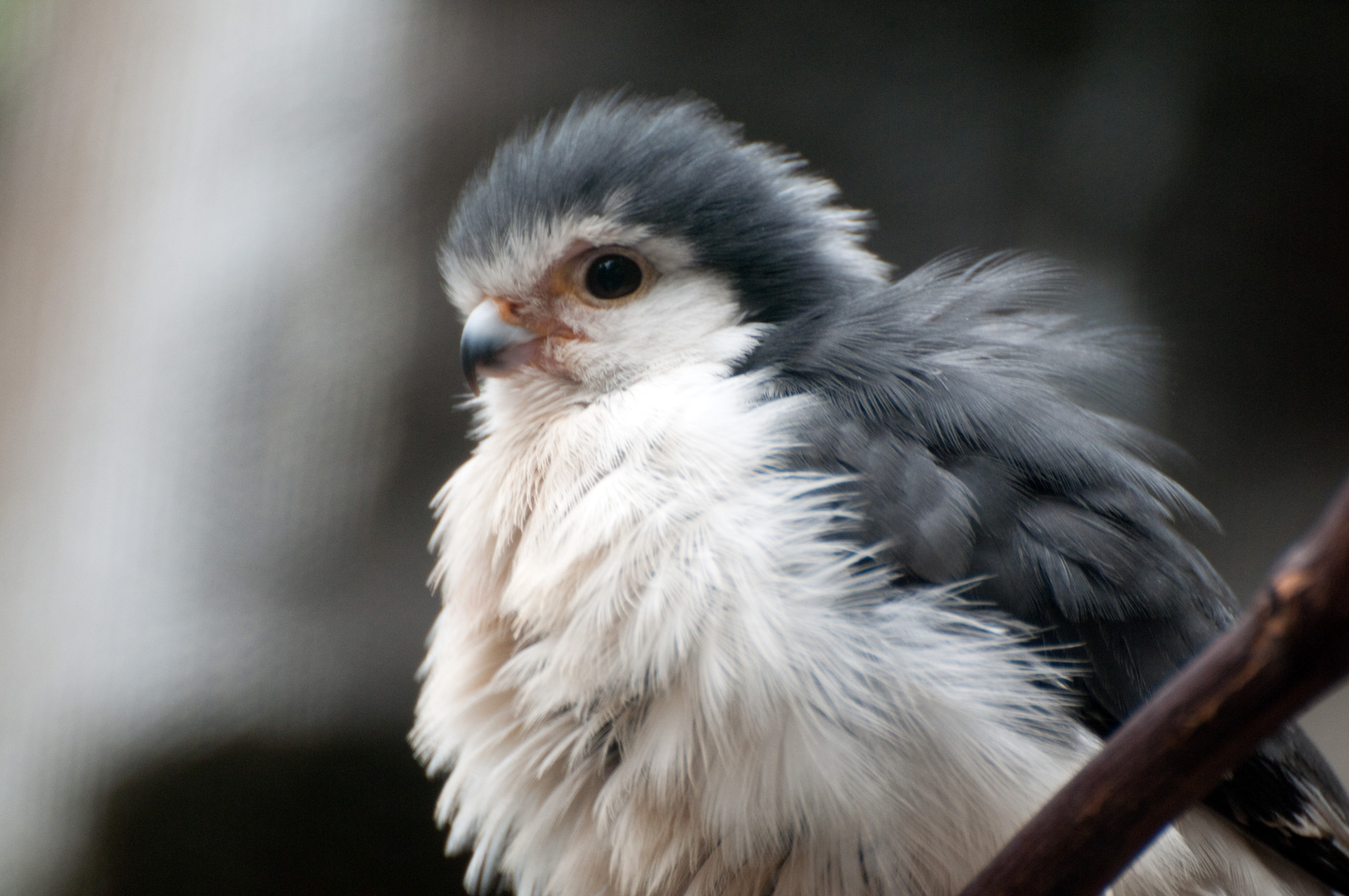
Those were Elon Musk's words after the successful landing of the first stage of their Falcon 9 rocket [1]. But what do these harmless sounding words really mean? Was there an actual human baby on board the rocket?
SpaceX has revealed parts of a similar plan in the past. On June 10th, 2015 they published an article called "Reusability: The Key to Making Human Life Multi-Planetary" [2]. This may be the first clue to their plans of sending out babies into the universe to colonise other planets. In this article, they state: "SpaceX believes a fully and rapidly reusable rocket is the pivotal breakthrough needed to substantially reduce the cost of space access." Is the replacement of machines and adult astronauts with cute little babies also part of their valiant effort to make missions cheaper?
Although they mostly try to conceal it with code names like "Grasshopper", the concept of reusability also applies to young human beings. While an old - maybe even weathered - astronaut may go back to space for a few years after his or her training, a newborn has a whole lifetime ahead of itself to travel up there over and over again. This is true reusability for money saving purposes. The article compares this to airplanes, which "conducts tens of thousands of flights over its lifetime". On top of that, real astronaut training takes up a long time and a lot of money. A Falcon 9 pilot, however, could be trained within 9 months without the need for expensive training equipment.
There are hints sprinkled all over the article, which culminate in the name of the rocket used in these missions: Falcon 9. This can only be a code name for the baby colonisation missions, as in "9" months of training for a new space "falcon", which happens to be a fierce raptor in the world of birds.
Meanwhile, concerned citizens try to state their fears on the internet. None other than The Guardian provides an excellent platform for these visionaries to share well thought-out arguments in the public comment section below the article about the event [3].
People try to diminish the accomplishment by discrediting the man behind it: "Overall I think Musk is an idiot."
There is also a more simple approach, that is supposed to direct attention away from the project: "Oh poo poo to that!" or "Boring. Kim Kardashian is way more interesting than this."
Some people even criticise the usage of newborns: "More space junk put into orbit!"
A more intellectual concern was, that "fuel used recovering the booster is fuel not used putting payloads into orbit." This, of course, is a valid concern. After all, there is no proof, that anybody over at SpaceX ever thought about this issue. Ever since the false "discovery" of particles moving faster than light, one can't question enough, if every single possibility was considered.
All in all it is a great achievement to bring the baby back (assumingly) unharmed so it can continue its life to the fullest. If it actually happened, that is. Not only is the validity of the mission challenged by the public, but also the event itself. Another Guardian reader said: "I suspect this is another of those things that didn't happen, like the soft landings on the moon that left no little crater in the dust, miraculously."
Either way, the future of SpaceX has to be observed with a hypercritical eye.
1. https://twitter.com/elonmusk/status/679127406813188097
2. "Reusability: The Key to Making Human Life Multi-Planetary", http://www.spacex.com/news/2013/03/31/reusability-key-making-human-life-multi-planetary
3. "'Welcome back, baby': Elon Musk celebrates SpaceX rocket launch - and landing", http://www.theguardian.com/science/2015/dec/22/welcome-back-baby-elon-musk-celebrates-spacex-rocket-launch-and-landing






